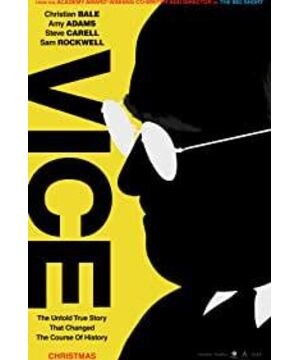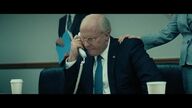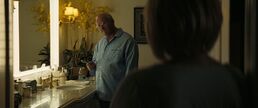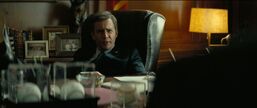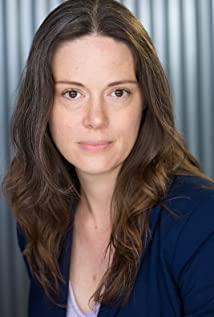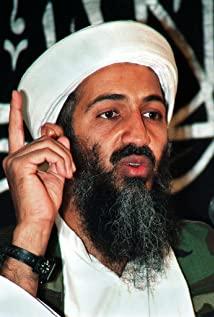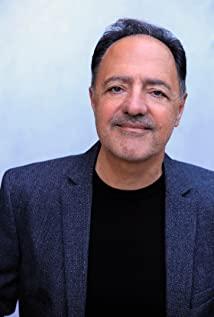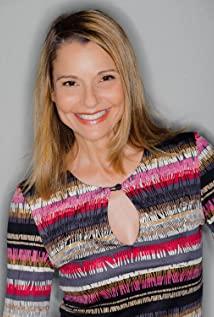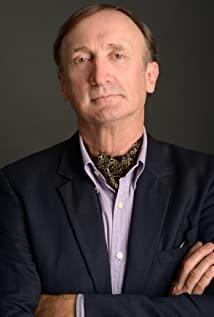Author: David Fear (Variety)
Translator: csh
The translation was first published in "Iris"
Maybe it was the flu, maybe it was the bookshelf, or maybe it was the intervention of heaven that made Adam McKay realize that he didn't know Dick.
At the end of the winter of 2016, the screenwriter and director had just concluded the awards season tour of "Big Short". For him, it was a "journey to death." In that film, the director explored the problem of the property market crisis. Next, a week after the Oscars, the fifty-year-old director found himself down because of "the worst flu you can imagine." When he recalled it, he sank into the sofa. He was on West 54th Street in Midtown Manhattan, and stayed with me in the green room of the Robin Williams Center. You can hear his idle talk, and his occasional burst of laughter.
"I mean, I've been sick for almost a month," he said, trying to adjust his six-foot-five-inch figure so that he can sit more comfortably. However, he finally gave up, lay down and began to tidy up the scarf around his neck. "I mean, I'm so embarrassed! You might go out for a picnic or two, or travel to the UK... But what is this (referring to a long-term tour)? This lasted for several months without interruption. Can you tell me how can your body withstand a disease in this situation? Suddenly, everything is invading."
In a state of delusion, the director walked to his bookshelf to seek "salvation." "Then I looked at my bookshelf and found, "Oh, a Dick Cheney book". It could be any book, but for some reason, it was that book that attracted me at the time. Eyeballs.” He no longer remembers who wrote the biography of that book—perhaps "The Angler" by Patton Gelman—but the more McKay reads, the more he realizes that this former The influence of the vice president on modern politics may be far beyond his imagination. When McKay discovered this, he began a more in-depth investigation, reading as many primary (or second-hand) documents related to Cheney as possible, reading Cheney’s interview in detail, and looking for the vice president’s slippage. . "I didn't notice a slip of the tongue," he said, "I continue to think about whether he made a mistake in some places and said more words than he expected. But I found that he never made a mistake-in his There are no flaws on his chessboard, which even makes him more interesting.”
"We were joking and said he was Darth Vader," he added, "but I always feel that we don't realize how much he plays in the political game in Washington. I always act as that one. In the early days, I will say to everyone: "Hey, I think things may be worse than we thought.""
The fatal illness brought him reading choices and became the beginning of "Vice President". This extreme and extremely crazy film directed by McKay tells the story of the true caller of the legend, Dick Cheney, in the White House of George W. Bush (this film is released on Christmas). The film begins with Cheney’s drunken, hellish life in Wyoming, and ends when the man behind the scenes of the White House is taken out of his heart. transplant surgery). As a biopic about the former vice president, this is an in-depth, extremely disrespectful, and often slanderous work. In view of the fact that people often avoid the importance of this subject, and even taciturn, McKay knows that he cannot repeat the standard A to B biographical narrative. He knew that when people expected him to turn right, he had to turn left. He also selected one of the most shocking actors in a decade.
"I mean, why do you think Christian Bale can't be Dick Cheney?" McKay asked, and laughed himself. "Yes, I admit, the gap between them is really big. However, I don't want to find someone to play Cheney, and I have worked with Bell."-Bell played in "Big Short" Michael Berry, the hedge fund manager of "I have seen how he disassembled and reorganized the soul of the character." Although McKay claimed that he had appointed "a friend who is both a writer and a reporter" to interview through more than a dozen channels I arrived at the information about Dick and his family, but he knew it was a tricky thing to deal with the political operation (when I asked him who he interviewed, McKay suddenly became tight-lipped about this topic) . "Let’s just say it’s some personal friends, some people from Wyoming. They come from the administration. Some people don’t like Dick, but some people like him... What I get is a mixture of two views, which is very good. ."
"The point is, Cheney is a mystery." The director continued, "So I know, I need a Christian Bale to do a deep dive."
Even though Christian Bale once played the "Dark Knight", he still felt very confused when he discovered that McKay was going to choose him to play the "Dark Prince" of the White House; he remembered that after reading the script, he sent a message to McKay. Kay: "Do you realize how fucking hard this thing is?" But he still signed and agreed. So he and McKay had to overcome the biggest problem: his appearance. "The biggest obstacle is the makeup problem. I remember Christian said, "If the makeup is messed up, the whole film will collapse." We found the makeup artist Greg Cannon (representative work: Benjamin Button Strange Occurrence), and then they studied how to "displace" for four months. I think the makeup effect is perfect, but Bell said: "I think it could be better." He even gained weight for this. (Forty-five pounds), so when everything is ready for costumes... I still remember the moment he walked into the studio, we were simply... "God!""
At the same time, McKay also approached Amy Adams and asked her to play Dick’s wife, Lynn Cheney, who is also well-skilled; Steve Carell played Donald Rumsfeld; Sam Rockwell Play as the 43rd President of the United States of America, George Walker Bush. ("Rockwell’s task is the most difficult," the director admits, "because Will Farrell’s version is so deeply rooted. But he acted very well—surprisingly—like you were in As seen in the movie.”) Then, as McKay was preparing for the movie, the 2016 election began. McKay asked himself: Do we still want to make this movie? "Our feeling is, "Oh, this movie is even more closely related to reality now"," he said, "I want to know how we got on this damn road, and I have a feeling, Bush and Cheney played a very important role. As I said, Cheney is like a guy who broke in. He controls the button that can open the door-now the door is opened, and we see a group of wild people. Deer and hyenas run around the White House."
McKay really felt that the vice president's roughest moment was completely similar to the current situation. "This is exactly the horror and absurdity of the Trump era," McKay said. "So I have a feeling that history is repeating itself. But people need to be aware of the existence of history, the existence of cycles. I don't know about this movie. Can it change anything, but it can at least achieve some kind of catharsis."
View more about Vice reviews


